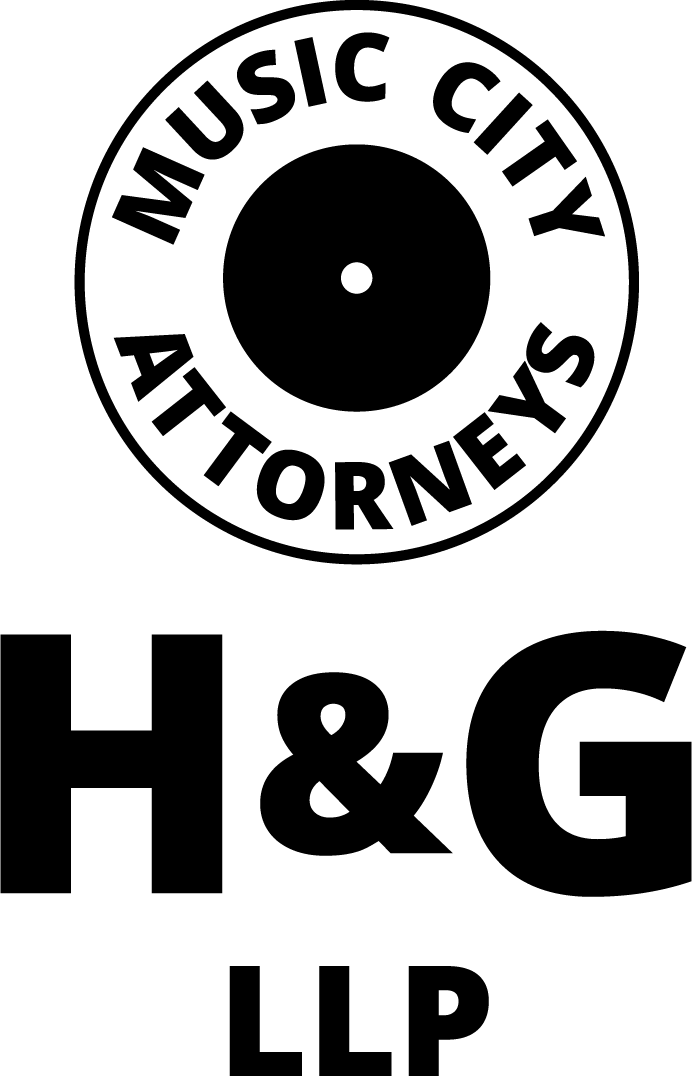How Are Video Games Companies Able to License Different Sports Leagues for Their Games?
Photo by Dave Adamson on Unsplash
As football season across the United States comes into full swing, you may see a person sporting a jacket with the words “EA Sports Madden NFL Ratings Performance Adjustor” on the sidelines of the field. That person’s job is exactly how it sounds – they ensure that the ratings within the EA Sports Madden NFL video game align with the actual NFL games.
Traditional sports have created incredibly successful video games for companies like Electronic Arts and Take-Two Interactive Software with massive fan followings. The sales alone show the immense power of partnerships between traditional sports leagues and video games, but how are video game companies able to sell their games and products with the branding of league such as FIFA or the NFL? The simple answer is licensing.
What is licensing?
Licensing is when a trademark owner licenses the rights of their mark or brand to another company through an agreement. While it is seemingly simple, licensing agreements can have complicated terms including term limits, allowed versus protected uses for categories of products and different types of intellectual property. Additionally, the larger a brand is, the more complicated negotiations can be between the two parties looking to enter into an agreement.
The benefit of licensing, however, is evident. Madden NFL 23, for example, topped the United States sales charts in August 2022, the month it was released beating out major video games titles such as Marvel’s Spider-Man and Call of Duty: Vanguard. On a smaller scale, brands can utilize licensing to expand their market reach and consumer potential.
How does licensing work between video game companies and sports leagues?
Video game companies like Electronic Arts (EA) and Take-Two Interactive have held longstanding partnerships and licensing agreements with the NFL and NBA which allow them to produce video games that align almost identically with what is occurring in the leagues. The ability to make plays as your favorite quarterback has proven to be a successful venture for both video games and sports leagues and partnerships continue to evolve between the two.
The NFL and EA Sports have had a licensing partnership since 1993, which is one of the longest partnerships between two non-endemic brands in the video games. The NFL, as a league, licenses its brands, trademarks, and teams’ name, image, and likeness to be used by EA Sports in creating Madden NFL. In doing so, EA Sports has created a massive franchise within their company that has built lasting fans.
The NBA followed suit and partnered with Take-Two’s subsidiary 2K Sports and created NBA 2K10 where video game players were able to simulate as a basketball player for their favorite teams. Similar to the NFL, the NBA licensed their brand for 2K Sports to use creating a massive franchise and success for the game.
Additionally, these licenses have grown even further and are being used in esports leagues as well with and NBA2K League with 24 teams competing and NFL with a Madden Esports League and World Championship Series.
Does licensing between video game companies and sports leagues last indefinitely?
Licensing typically occurs with an agreement that stipulate term and use limits between the two companies. While the NFL and NBA continue to renew their licenses with EA Sports and 2K Sports, respectively, not all sports teams have continued partnerships.
In May 2022, FIFA and EA Sports ended their nearly 30-year partnership after many negotiations. FIFA chose not to renew their agreement due to different concerns, such as the content of the game, financial expectations, and exclusivity requested by EA Sports. Although they ended their partnership, EA Sports will continue to create a soccer game with the FC league and FIFA is looking to create their own video game. FIFA 23 will be the last installment of the series, and to add and even more nuanced license agreement, gamers will be able to play as the fictional AFC Richmond team from the television show, Ted Lasso.
While licensing agreements can be complicated on a large scale, like the ones between FIFA and EA Sports, smaller scale licensing can be more manageable and beneficial to both brands from a financial and consumer perspective.
If you have any questions regarding licensing for your brand, contact us, we would love to help!

